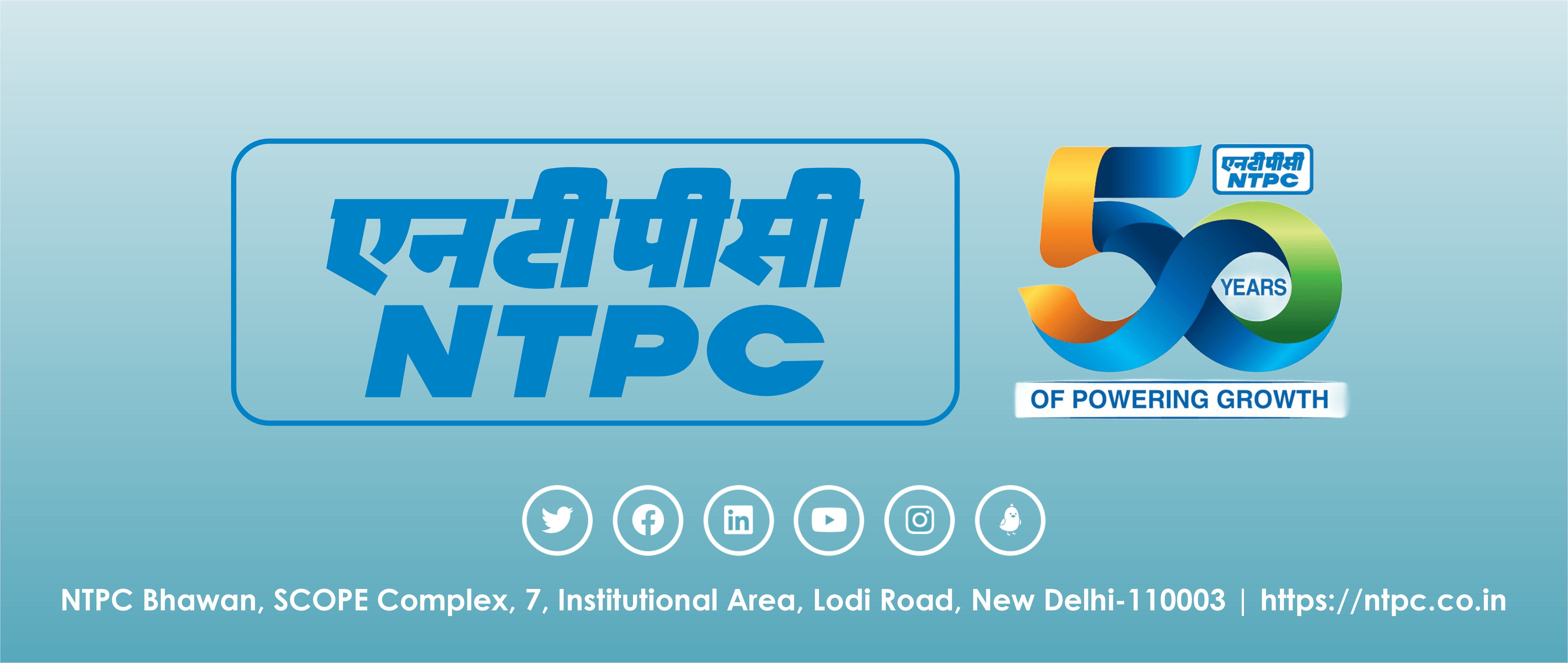TO RECIEVE EXCLUSIVE POSTS AND NEWS
![]() Who may win the latest tussle between Niti Aayog Vice-Chairman Rajiv Kumar and Union Finance Minister Arun Jaitley? The point of tussle is whether the economy deserves a fiscal stimulus package of as much as Rs 40,000 crore to tame the demon of slow growth. Kumar stands for it: Jaitley is avowedly opposed to the idea.
On October 15, Jaitley told reporters in Washington that he never talked about any stimulus package for boosting the economy. He added the media has spoken about it and "you should ask" them. "I have not used that phrase (fiscal stimulus). I said we will respond to situations and your fraternity translated the word respond as meaning stimulus. So you are the ones who should be answering and not me," the minister asserted.
A day after, on October 16, absolutely aware of what the Finance Minister had asserted, the NITI Aayog Vice-Chairman pitched for fiscal stimulus to boost growth with a rider that the additional expenditure should be used only for increasing productivity and capital expenditure. "I do see a case for stimulus," Kumar told PTI in an interview. He added, however, that additional expenditure should be used judiciously.
Since any fiscal stimulus to boost sagging growth may widen the fiscal deficit, the Finance Ministry is seen opposed to the idea as it has pegged the fiscal deficit target for 2017-18 at 3.2 percent of the GDP and 3 percent for the following year. Some experts have argued against fiscal stimulus as they fear that it may jeopardize the fiscal consolidation programme.
Kumar's argument is that "it depends on how you increase government spending. If you go and throw money away and give doles then, yes, of course, it will give a wrong signal. But if you are doing that by increasing productivity and capital investment by making, for example, more roads, more airports, more railways, nobody can argue that this will give a bad signal."
Kumar further noted that the only issue then is, can you absorb stimulus productively. "Stimulus money should be used on increasing investment, increasing demand and improving physical and rural infrastructure."
May it be noted that the EAC-PM wants the government to stick to its fiscal consolidation roadmap and has suggested that stimulus to the industry should not be at the cost of fiscal prudence. Chairman of the EAC-PM Bibek Debroy had recently said, "There is a consensus (among the members)... that the fiscal consolidation exercise should not deviate."
Further, the Reserve Bank has advised the government against a stimulus package arguing that breaching the fiscal deficit target may fuel inflation and hurt long-term macroeconomic stability.
As of end-August, the government has already run up 96.1 percent of its fiscal deficit targets for the financial year 2017-18 as it has advanced spending on core infra sectors like roads, ports, and railways.
So what may the government do to meet its funds' requirements for the remaining seven months of FY18? Will it be constrained to follow the advice of Rajiv Kumar or take the pain of slow growth to stick to fiscal deficit target?
Who may win the latest tussle between Niti Aayog Vice-Chairman Rajiv Kumar and Union Finance Minister Arun Jaitley? The point of tussle is whether the economy deserves a fiscal stimulus package of as much as Rs 40,000 crore to tame the demon of slow growth. Kumar stands for it: Jaitley is avowedly opposed to the idea.
On October 15, Jaitley told reporters in Washington that he never talked about any stimulus package for boosting the economy. He added the media has spoken about it and "you should ask" them. "I have not used that phrase (fiscal stimulus). I said we will respond to situations and your fraternity translated the word respond as meaning stimulus. So you are the ones who should be answering and not me," the minister asserted.
A day after, on October 16, absolutely aware of what the Finance Minister had asserted, the NITI Aayog Vice-Chairman pitched for fiscal stimulus to boost growth with a rider that the additional expenditure should be used only for increasing productivity and capital expenditure. "I do see a case for stimulus," Kumar told PTI in an interview. He added, however, that additional expenditure should be used judiciously.
Since any fiscal stimulus to boost sagging growth may widen the fiscal deficit, the Finance Ministry is seen opposed to the idea as it has pegged the fiscal deficit target for 2017-18 at 3.2 percent of the GDP and 3 percent for the following year. Some experts have argued against fiscal stimulus as they fear that it may jeopardize the fiscal consolidation programme.
Kumar's argument is that "it depends on how you increase government spending. If you go and throw money away and give doles then, yes, of course, it will give a wrong signal. But if you are doing that by increasing productivity and capital investment by making, for example, more roads, more airports, more railways, nobody can argue that this will give a bad signal."
Kumar further noted that the only issue then is, can you absorb stimulus productively. "Stimulus money should be used on increasing investment, increasing demand and improving physical and rural infrastructure."
May it be noted that the EAC-PM wants the government to stick to its fiscal consolidation roadmap and has suggested that stimulus to the industry should not be at the cost of fiscal prudence. Chairman of the EAC-PM Bibek Debroy had recently said, "There is a consensus (among the members)... that the fiscal consolidation exercise should not deviate."
Further, the Reserve Bank has advised the government against a stimulus package arguing that breaching the fiscal deficit target may fuel inflation and hurt long-term macroeconomic stability.
As of end-August, the government has already run up 96.1 percent of its fiscal deficit targets for the financial year 2017-18 as it has advanced spending on core infra sectors like roads, ports, and railways.
So what may the government do to meet its funds' requirements for the remaining seven months of FY18? Will it be constrained to follow the advice of Rajiv Kumar or take the pain of slow growth to stick to fiscal deficit target?























